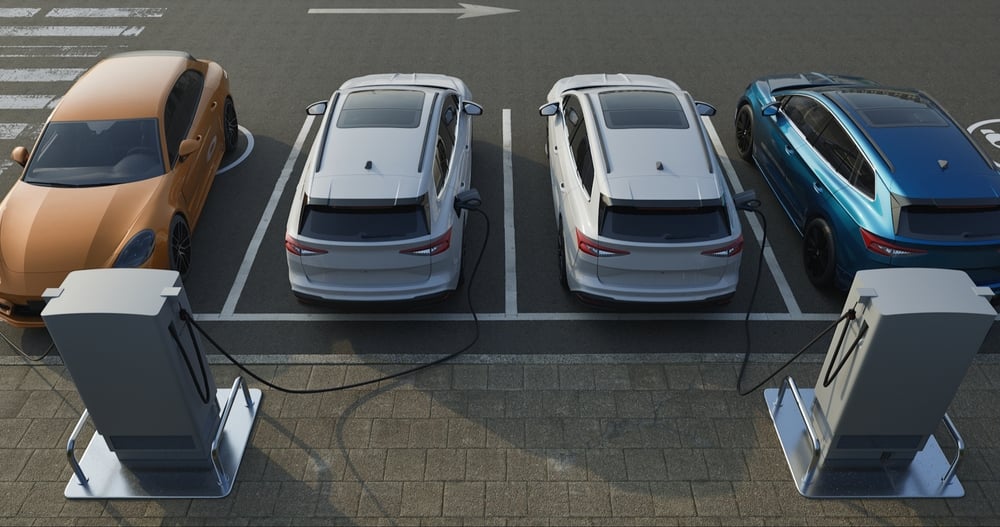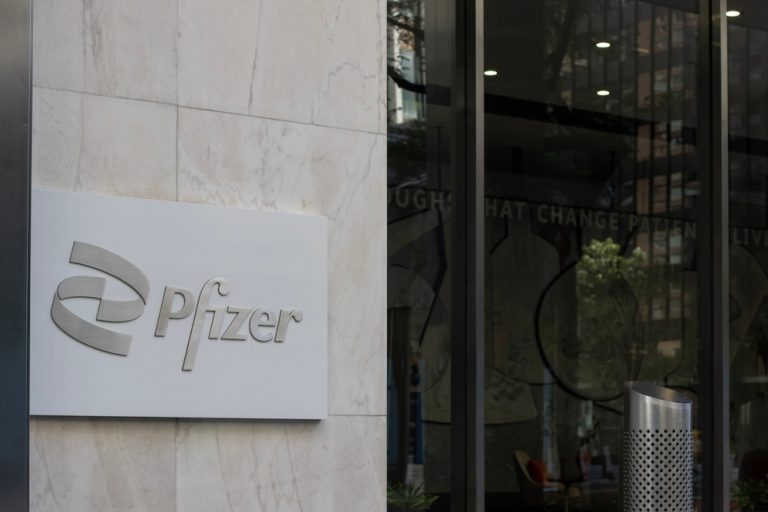President-elect Donald Trump has vowed to dismantle President Joe Biden’s aggressive push for electric vehicles (EVs), but a last-minute decision by the Biden administration may make those efforts significantly more challenging. The U.S. Environmental Protection Agency (EPA) granted California a waiver on Wednesday to implement the nation’s most ambitious EV mandate, banning the sale of new gasoline and diesel-powered cars and light trucks by 2035.
Eleven other Democratic-led states have already adopted California’s standards, creating a powerful market force that could compel automakers to continue investing heavily in EVs despite Trump’s opposition. Experts suggest the legal foundation of the waiver makes it a near-immovable obstacle for at least two years, potentially locking automakers into compliance with California’s EV timeline.
California vs. Trump: A Brewing Conflict
Trump has pledged to overturn California’s EV rules, echoing his previous effort during his first term to revoke the state’s stricter car and truck pollution standards. However, legal experts warn that the process to undo the waiver would be lengthy and fraught with legal challenges.
Barry Rabe, a professor of environmental policy at the University of Michigan, framed the impending conflict as “Biden versus Trump transitioning to Trump versus [California Governor Gavin] Newsom.” Newsom has vowed to protect California’s authority and environmental ambitions, setting the stage for a high-stakes showdown.
Why the Waiver Matters
California’s waiver stems from a unique carve-out under the Clean Air Act, allowing the state to set stricter-than-federal pollution standards. This authority, granted in the 1970s, has historically positioned California as a leader in pushing for cleaner vehicle technologies.
“The ability for California to move as fast or faster than the federal government is supremely important,” said Ray Minjares, a vehicles expert at the International Council on Clean Transportation.
California’s mandate also holds national implications. Other states can adopt its rules, effectively making them a de facto standard for automakers. With 11 states already aligned with California’s EV goals, this coalition wields significant influence over the U.S. auto market.
Automakers Caught in the Middle
While automakers have faced regulatory uncertainty before, the California waiver adds a new layer of complexity. If Trump succeeds in rolling back the waiver, it might not happen until 2027, by which point automakers will already be required to have 43% of their California sales consist of EVs.
Automakers risk financial penalties if they fail to meet these targets. Even as some criticize California’s standards as overly ambitious, the industry recognizes the challenge of adapting production and supply chains to meet escalating EV mandates.
“Achieving the mandates will take a miracle,” the Alliance for Automotive Innovation, the auto industry’s main lobbying group, said in a statement.
Trump’s War on EVs
Electric vehicles have become a flashpoint in Trump’s energy and economic agenda. Throughout his 2024 campaign, Trump frequently criticized EVs, casting doubt on their performance and railing against Biden-era regulations.
Trump’s platform also targets federal incentives for EVs, including consumer tax credits of up to $7,500, which he has pledged to eliminate. This could further dampen demand for EVs at a critical juncture in the industry’s transition.
The Role of Automakers and Policy Lag
Despite Trump’s opposition, automakers may have little choice but to continue adhering to California’s rules. Jonathan Smoke, chief economist at Cox Automotive, noted that regulatory uncertainty could paradoxically accelerate EV adoption in the short term.
“Ahead of when [policy shifts] are implemented, they will likely drive demand to be pulled forward,” Smoke said.
This pattern mirrors Trump’s previous efforts to revoke California’s authority, which faced legal delays and ultimately left automakers in compliance limbo.
A Hallmark of Environmental Regulation
California’s waivers have long been a cornerstone of U.S. environmental policy, enabling the state to lead the charge on emissions reductions. Harvard Law School professor Jody Freeman emphasized the historical importance of the waiver system, noting its role in maintaining progress during periods of federal inaction.
The waiver’s durability, however, is not guaranteed. Trump’s administration could pursue a legal strategy similar to his first-term efforts, arguing that California’s rules effectively impose national fuel economy standards. Any such challenge would likely result in years of litigation, prolonging uncertainty for automakers and regulators alike.
Looking Ahead: A Pivotal Moment for EVs
The California waiver represents more than just a legal hurdle for Trump; it is a critical battleground in the broader fight over the future of transportation in the U.S. With EVs making up nearly 10% of nationwide vehicle sales and 27% in California, the stakes are high for both sides.
As the Biden administration’s policies collide with Trump’s deregulatory agenda, the outcome will shape not only the U.S. auto market but also the nation’s efforts to combat climate change and transition to cleaner energy sources.






















